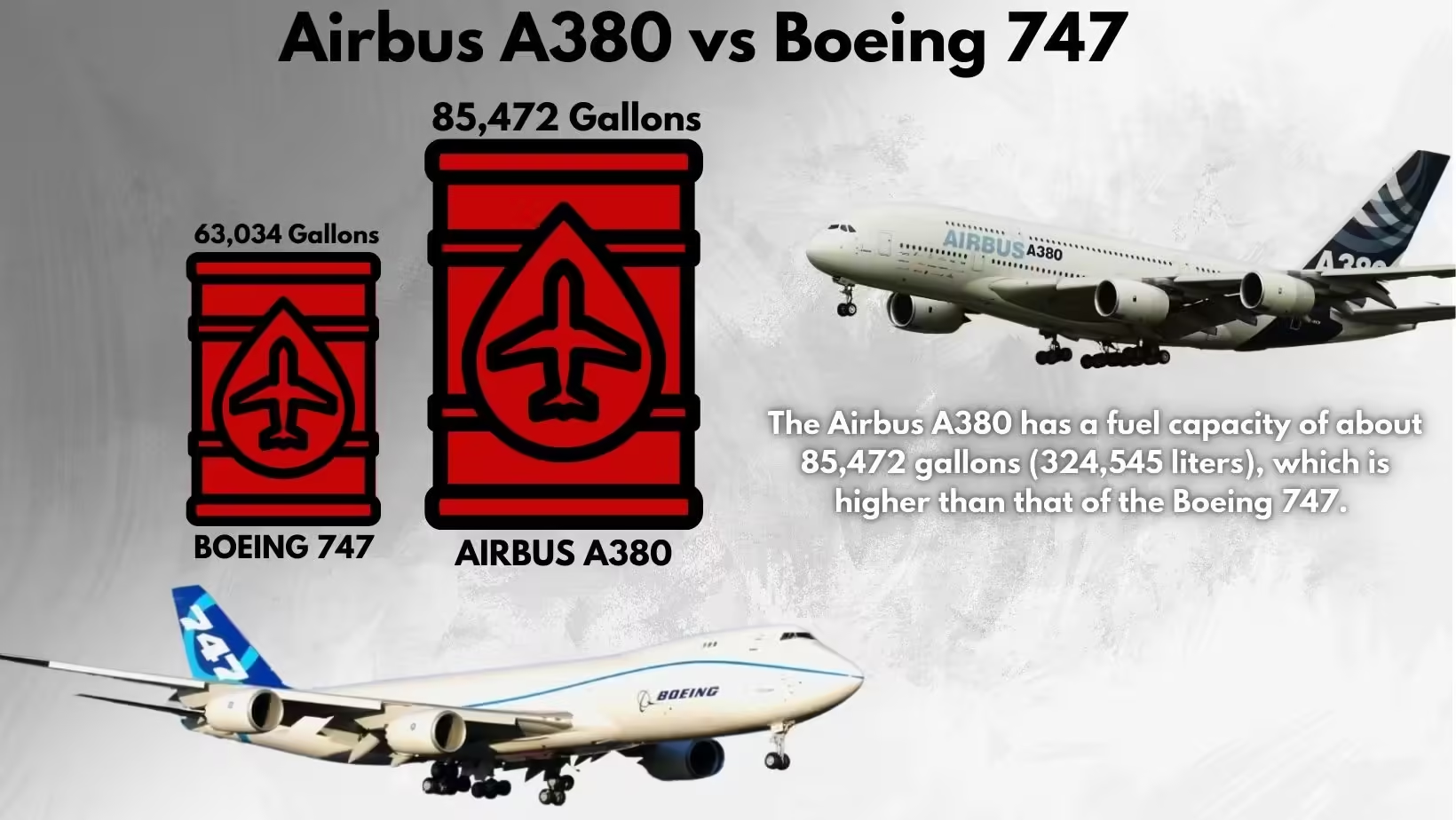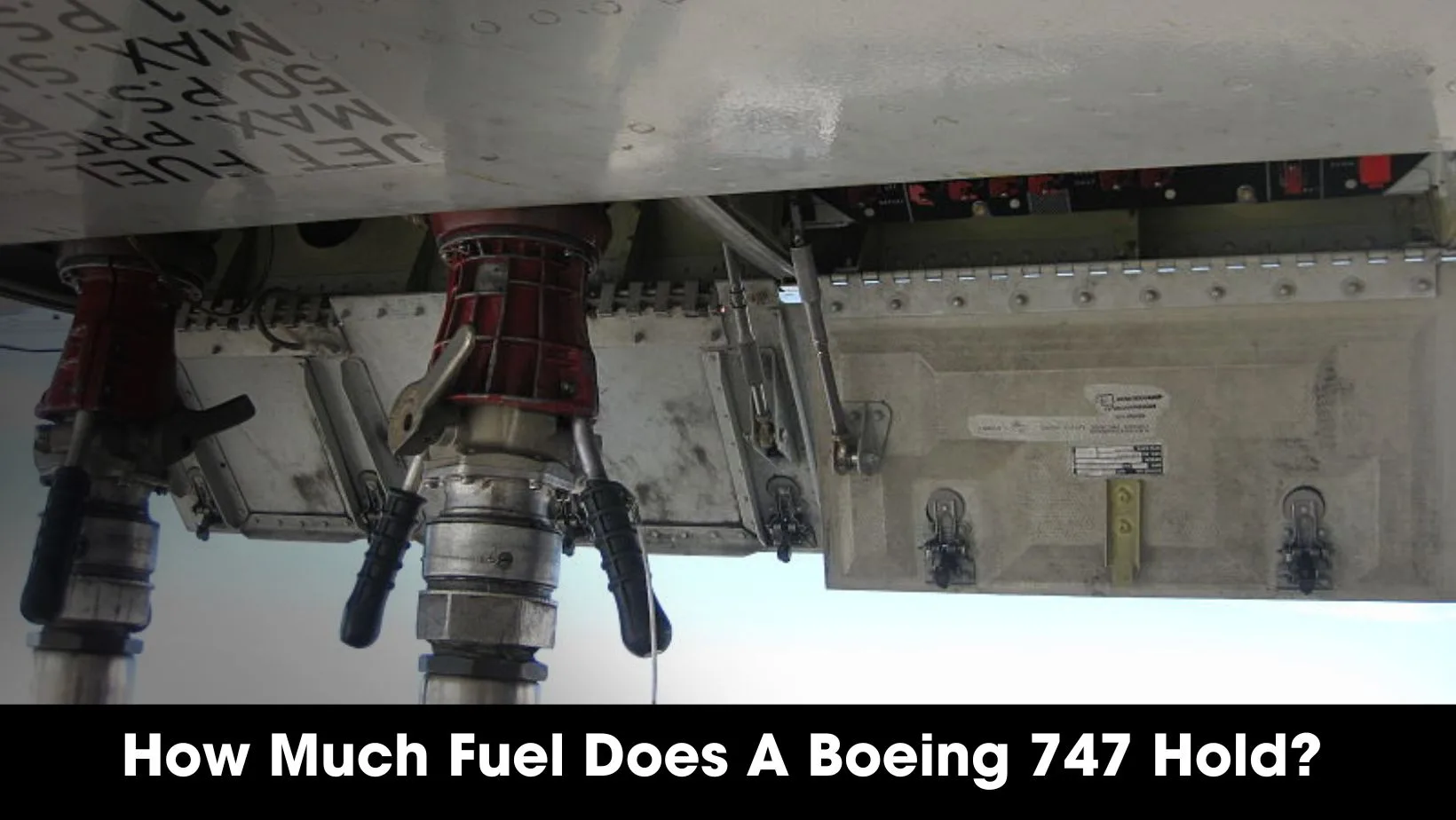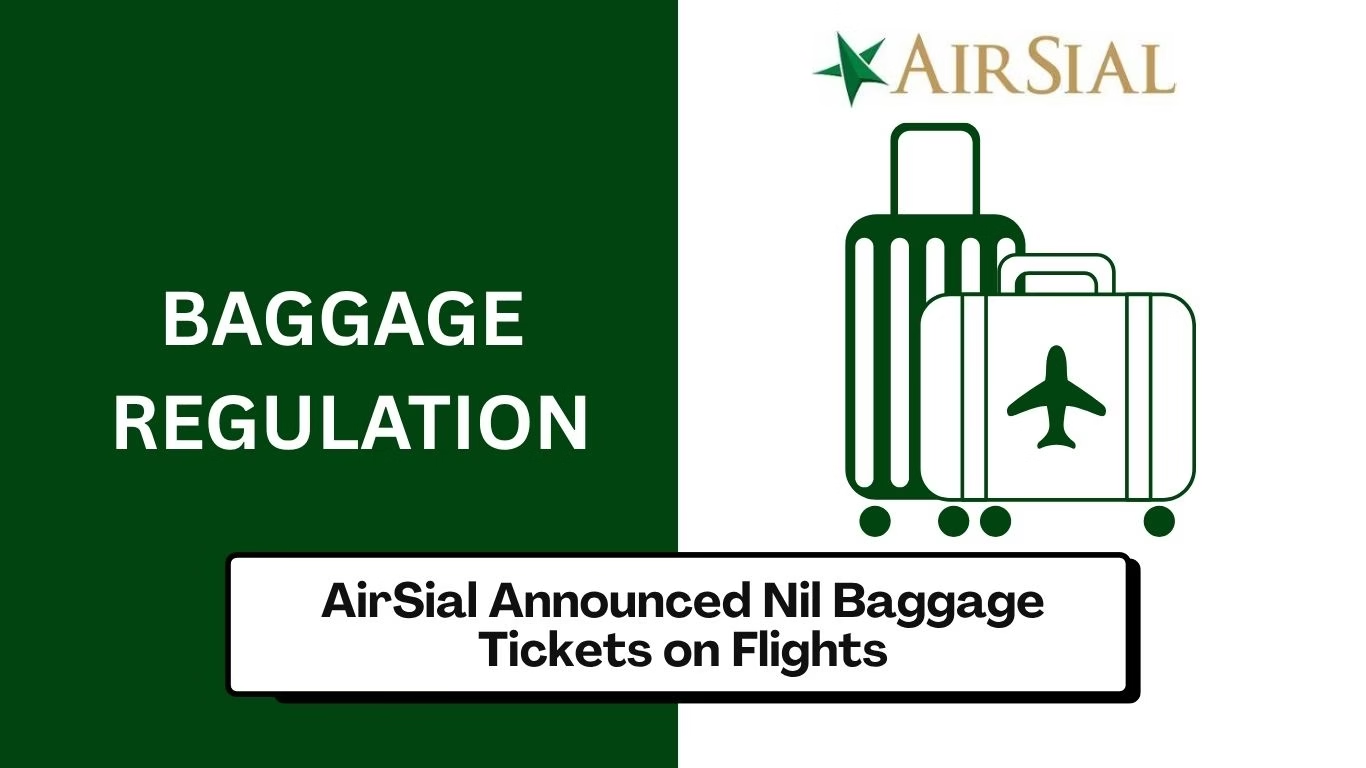The Boeing 747, known as “Queen of the Skies,” is an aviation marvel with its massive size and long-range capabilities. Its impressive range and performance are due to its substantial fuel capacity. Therefore, for optimum operation and efficiency, it is necessary to understand its fuel capacity.
In order to produce larger and more effective aircraft than before, the Boeing 747 was created in the 1960s. When the first model, the 747-100, was delivered in 1969, its incredible size and range completely changed air travel. Then, several 747 variants with improved fuel capacity and economy were released over time.
Fuel Capacity of Different Boeing 747 Models
- 747-100: The 747-100 model could carry about 48,400 gallons of fuel, approximately 183,214 liters.
- 747-200 and 747-300: The 747-200 and 747-300 models featured more improvements in fuel capacity, holding around 52,410 gallons (199,158 liters) of fuel.
- 747-400: The 747-400, which is one of the most popular Boeing 747 versions for the airliner. It can hold up to 57,285 gallons (216,840 liters) of fuel. Making the aircraft undertake the longest commercial flights.
- 747-8: The latest and most advanced model, the 747-8, has remarkable fuel capacity. The passenger version, the 747-8i, can carry 63,034 gallons (238,610 liters) of fuel, while the freighter version, the 747-8F, holds 59,734 gallons (226,095 liters).
| Engine Model | Fuel Capacity | |
| Gallons | Liters | |
| 747-100 | 48,400 | 183,214 |
| 747-200 and 300 | 52,410 | 199,158 |
| 747-400 | 57,285 | 216,840 |
| 747-8i Intercontinental | 63,034 | 238,610 |
| 747-8f Freighter | 59,734 | 226,095 |
Where is the fuel stored?
In a Boeing 747, fuel is stored in the wings and tail section of the aircraft. Each wing has two main tanks. The reserve tank is located on the outer part of the aircraft, and the central tank is closer to the fuselage. Some models also include auxiliary fuel tanks in the horizontal stabilizer to increase overall fuel capacity.

Fuel efficiency
- During takeoff
During takeoff, the Boeing 747 consumes a lot of fuel, up to 5,000 gallons (about 19,000 liters). This high rate of consumption is necessary to generate the thrust required to lift the massive aircraft off the ground and reach cruising altitude.
- At a cruising altitude
At cruising altitude, Boeing 747 fuel consumption stabilizes. It burns approximately 10 to 11 tons of fuel per hour, which translates to about 1 gallon (approximately 4 liters) per second. Although this seems high, it is quite efficient given the aircraft’s capacity to carry numerous passengers and substantial cargo over long distances.
Factors Influencing Fuel Capacity
- Model Variations: Different Boeing 747 models have varying fuel capacities due to advancements in design and technology. Each model has been optimized to maximize fuel storage and efficiency, contributing to fuel capacity differences.
- Weight and Balance Considerations: The aircraft’s weight and balance significantly impact fuel capacity. Engineers must carefully distribute fuel to ensure aircraft stability and performance, especially during critical phases like takeoff and landing.
Fuel Types Used by Boeing 747
- Jet A: Jet A is a common jet fuel used in the United States. It has a relatively high flash point, making it safe for handling and transport.
- Jet A-1: Jet A-1 is similar to Jet A but with a lower freezing point, making it suitable for international flights that encounter cold temperatures at higher altitudes.
- Jet B: Jet B is a blend of gasoline and kerosene used in extremely cold climates due to its lower freezing point than Jet A and Jet A-1.

Airbus A380 vs Boeing 747
The Airbus A380 has a fuel capacity of about 85,472 gallons (324,545 liters), allowing it to fly long-haul routes with a range of up to 8,200 nautical miles. The Airbus A380 has a far higher fuel capacity than both the Boeing 747-400 and the Boeing 747-8. Despite this, the 747’s combination of fuel capacity, efficiency, and operational flexibility makes it a strong competitor in the aviation market.
Fuel Efficiency Comparison
Airbus A380
During flight, the A380 burns approximately 4,600 gallons (or 17,400 liters) of fuel every hour. This translates to a fuel consumption rate of around 10 gallons per nautical mile (g/nm), when fully loaded. The A380 is capable of carrying up to 853 people in a high-density configuration; however, common configurations have around 545 passengers. Given its fuel consumption and capacity, the A380 has a fuel efficiency of around 0.0055 gallons per passenger per nautical mile at full capacity.
Boeing 747
The Boeing 747-400 normally burns around 3,600 gallons (approximately 13,600 liters) of fuel per hour, whereas the newer 747-8 aircraft consumes slightly more, around 4,000 gallons (15,140 liters) each hour. The 747-400 can transport around 416 passengers, while the 747-8 can seat roughly 524 passengers in a standard three-class configuration.
This equates to around 0.0086 gallons per passenger per nautical mile, but for the 747-8, it is about 0.0076 gallons per passenger per nautical mile, which is less efficient than the A380.

When calculated per passenger, the Airbus A380 has a higher fuel economy than the Boeing 747. The A380’s higher capacity and lower fuel consumption rate contribute to its fuel efficiency advantage for airlines conducting long-haul flights. This efficiency is critical for airlines who want to cut operational expenses and environmental impact.
Operational costs
Fueling a Boeing 747 can be quite costly, typically ranging from $140,000 to $170,000, depending on current fuel prices and the specific model. Fuel expenses are a major part of airline operations and significantly impact ticket prices and profitability. Fluctuations in fuel prices have a substantial effect on airline operations. Higher fuel costs can lead to increased ticket prices and reduced profitability, while lower fuel prices can save airlines and passengers alike.
Conclusion
In conclusion, the Boeing 747’s fuel capacity is a key factor in its long-range capabilities and operational efficiency. Over the years, improvements in fuel storage and efficiency have ensured that the 747 remains a cornerstone of long-haul aviation. As technology evolves, the 747’s legacy as an iconic aircraft will endure.
FAQs
1. What is the average Boeing 747 fuel consumption per mile?
A Boeing 747 typically consumes about 5 gallons of fuel per mile. However, this can vary depending on factors such as payload, flight conditions, and cruising altitude.
2. How long can a Boeing 747 fly on a full tank?
On a full tank, a Boeing 747-400 can fly approximately 7,285 nautical miles (13,490 kilometers). The newer 747-8 model has even longer range, capable of flying around 7,730 nautical miles (14,320 kilometers) without refueling.
3. What factors affect Boeing 747 fuel efficiency?
Several factors affect the fuel efficiency of a Boeing 747, including the weight of the aircraft, weather conditions, flight speed, and altitude. Additionally, technological advancements in engine design and aerodynamics play a significant role in improving efficiency.
4. How is fuel distributed in aircraft?
Fuel in a Boeing 747 is distributed across several tanks located in the wings and the center section of the fuselage. This distribution helps maintain aircraft balance and structural integrity, ensuring safe and efficient flight.
5. What is the cost of Boeing 747 fuel?
Fueling a Boeing 747 costs $140,000 to $170,000. Fuel costs are a major component of airline expenses, influencing ticket prices and operational costs.

Read More About Understanding Fuel Calculations for Aircraft
Aviation Looks






Leave a Reply